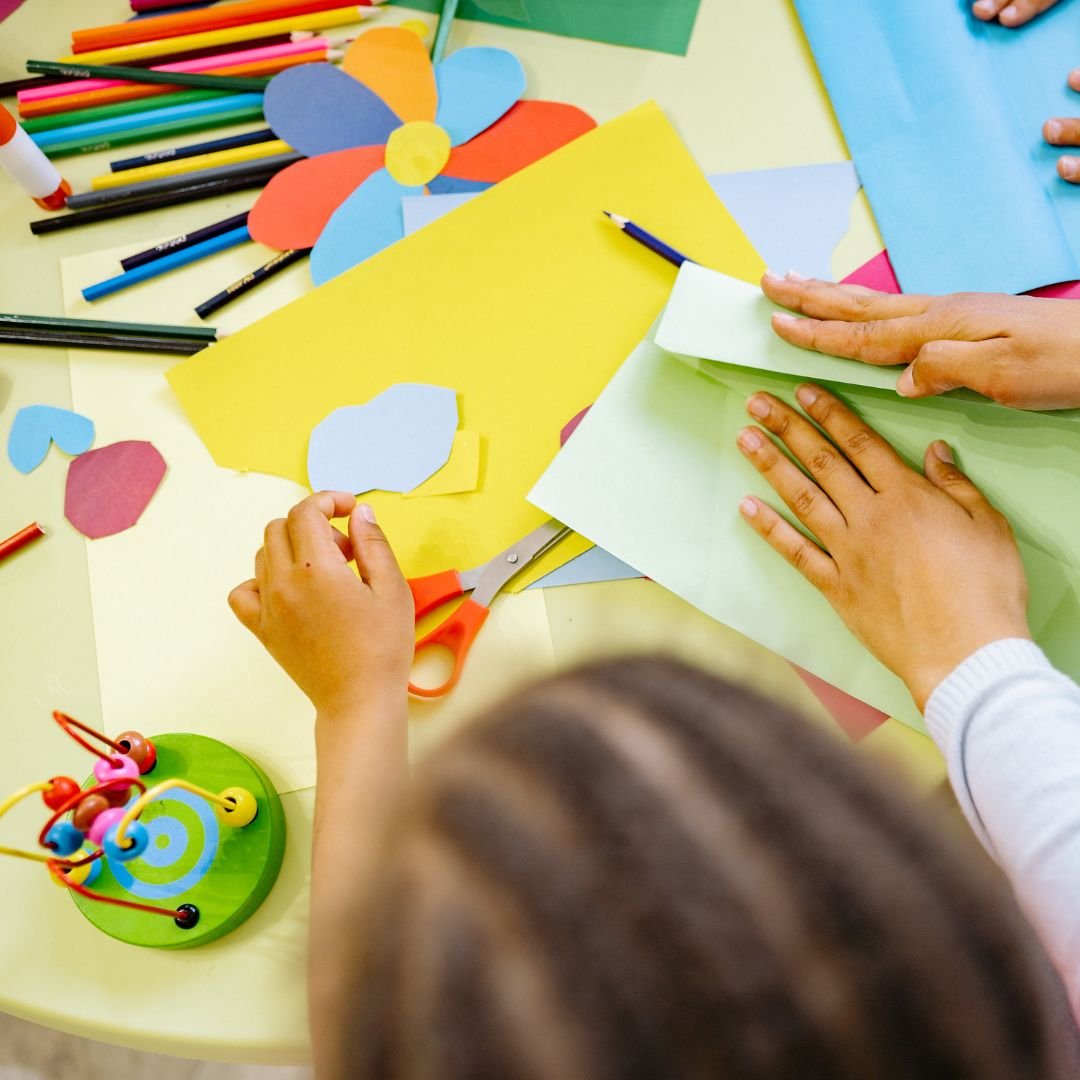What does Right to Participation mean?
Very often I get to be asked what participation actually is. It is often believed that being involved in a process by simply being present is just about enough to call it participation. Yes, to some extent it is, but true participation has a deeper meaning than that. Read below to find out all about it!
Participation is a right of every child as per Article 12 of the Convention on the Rights of the Child (CRC, UN, 1989). The notion comes from childhood studies and from a standpoint of viewing a child as a human being capable of forming their own opinions.
Children have the right to articulate their own opinions from the earliest age in many, different forms and ways. It is often difficult for children to clearly express their emotions (very young children cannot even name them yet), which is why other than just talking children could use music, drawing, painting and other means of artistic expressions to get their point across.
Tip! To find out what children think about a specific topic, idea, person or even facility, engage them in an art activity!
Children should be taken seriously, by being involved in the decision-making process regarding the matters that are concerning them. You could think that there is very little that could concern a young child- nothing further from the truth! Children and youth just like adults are affected by matters of private and public life.
Firstly, on a basic level, they should be able to have an opinion and make decisions about their body and individual needs, especially in regards to sleep, food, hygiene, clothes, play, daily routine and rules that they are to follow. Children also have the right to make complaints.
Tip! Sometimes it helps to narrow the choice to two or three things to make the decision-making process easier for young children.
Secondly, they should be able to take part in decision-making, or to influence it, in issues that concern their close communities. In order to do that, children and youth need information in a child-friendly language that will help them form their own opinion. They also need a safe space, where they can voice it, where they are comfortable and free from being judged or discriminated against.
Some social scientists (for example Cordero Arce, 2015) voice a critique in which the right to participation has been formulated. Children’s participation heavily depends on adults and their willingness of granting children possibility to participate. It has been proposed to focus on citizenship of children instead.
Reflection
How much is children’s right to participation valued in your community? Are children seen as citizens? What is your opinion about it?


